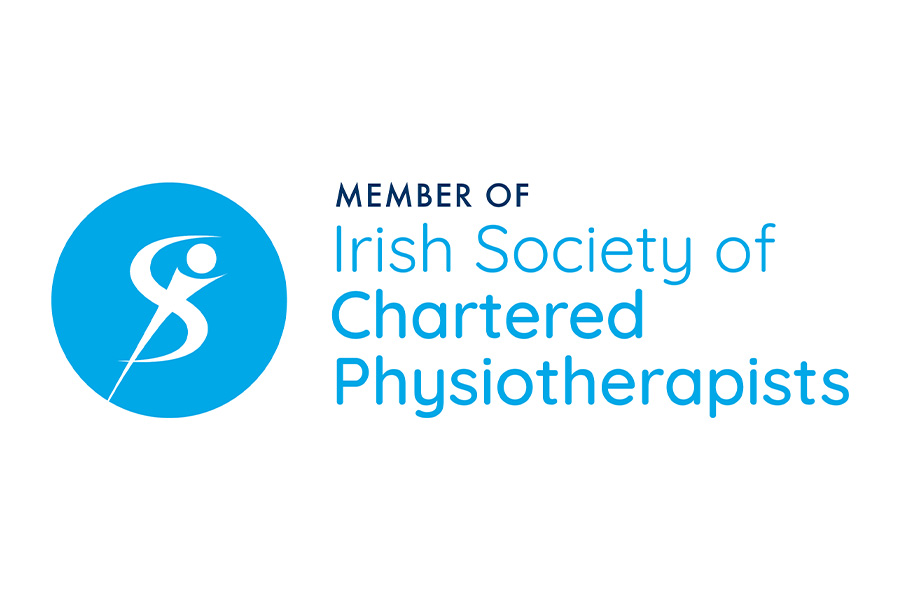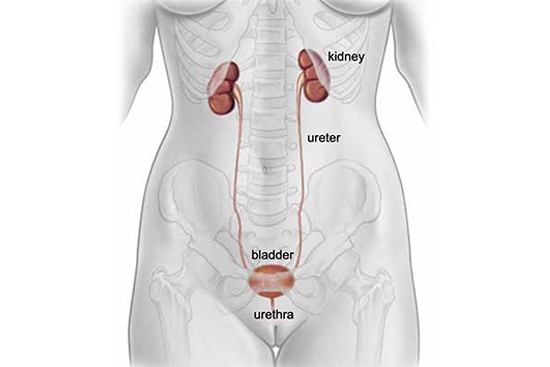

Helping
Continence Foundation of Ireland Position Statement on Mid-urethral Slings
We have become aware that many patients are concerned following international media reports about complications related to the use of mesh products for continence and prolapse surgery. The Continence Foundation of Ireland (CFI) was established by health professionals in Ireland who specialise in the treatment of incontinence and prolapse. The aim of the CFI is to improve the quality of life for people who suffer from incontinence and pelvic floor dysfunction, by raising awareness, and providing information and education.
There are several treatment options available for stress urinary incontinence. These will depend on the severity of symptoms, a woman's age and health, and whether she is planning to have children in the future. Treatment options include pelvic floor exercise and lifestyle changes. If such interventions are unsuccessful, surgery in the form of a Mid-urethral sling (MUS) may be recommended. Mid-urethral slings are minimally invasive procedures developed in Europe in the 1990s to treat female stress urinary incontinence.
These slings are narrow, polypropylene (a commonly used suture material) tapes that are surgically placed beneath the middle part of the urethra (water pipe) to provide dynamic support to stop leakage from the bladder. They have been shown to be as effective as more invasive traditional surgery with major advantages of shorter operating and admission times, and a quicker return to normal activities together with lower rates of complications. This has resulted in MUS becoming the operation of choice in Europe, Asia, North and South America and Australasia for treatment of SUI with several million procedures performed worldwide.
Mid-urethral sling operations have been the most extensively researched surgical treatment for stress urinary incontinence (SUI) in women and have a good safety profile irrespective of the operative route (more than 2000 publications, including women with obesity, prolapse and other types of bladder dysfunction). They are highly effective in the short and medium term, and accruing evidence demonstrates their effectiveness in the long term. If you have any concerns or questions, please contact your doctor.
You may find the following links helpful.
www.bsug.org.uk/pages/information/guidelines/105 www.rcog.org.uk/en/guidelines-research-services/guidelines/gtg35/ www.nice.org.uk/guidance/CG171 www.cochrane.org/CD006375/INCONT_mid-urethral-sling-operations-stress-urinary-incontinence-women www.rcog.org.uk/en/news/rcog-and-bsug-response-to-nhs-england-mesh-report/ www.iuga.org/?page=mus

